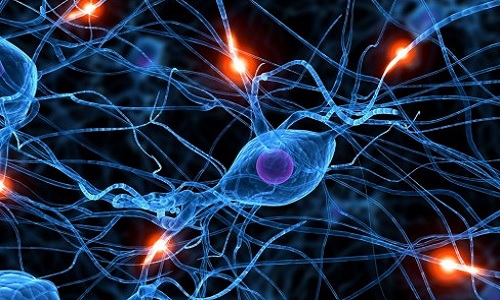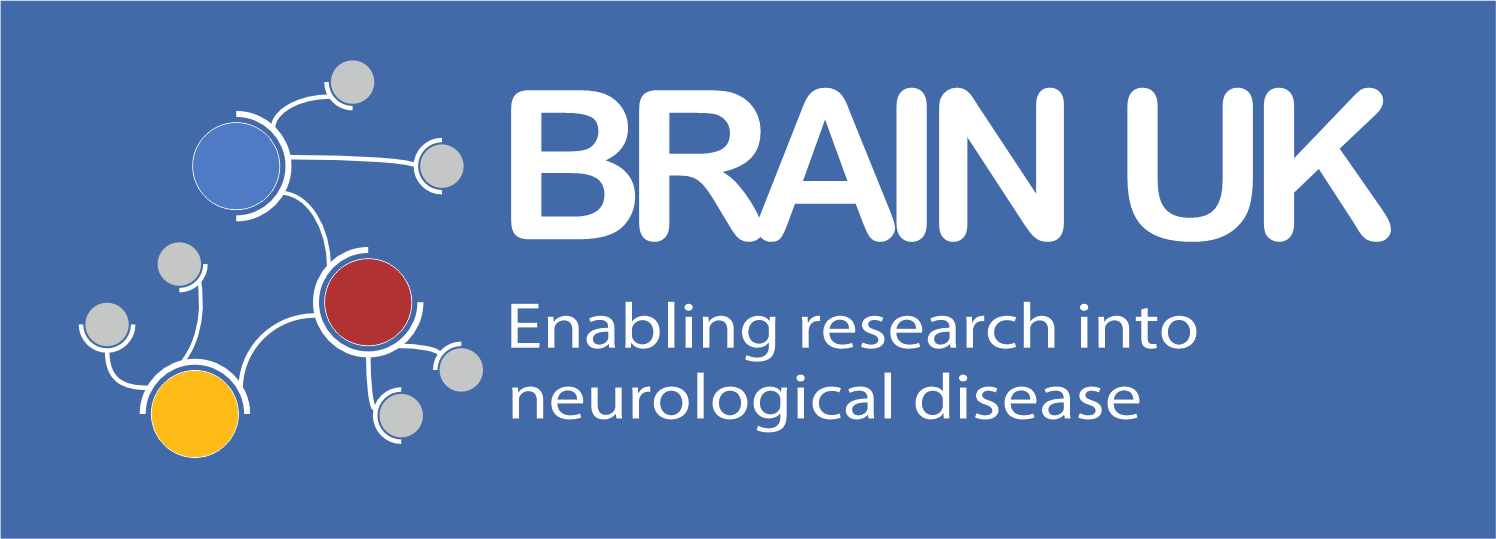
Brain UK study ref: 18/012,
Lay summary,
Project status: Active
How the matrisome drives human neocortex folding during development and neurodevelopmental disorders
Dr Katherine Long, Kings College London
The neocortex (the outer part of the brain) is the seat of many of the higher cognitive functions that make us human, such as our memory, speech and advanced learning. How the neocortex controls these functions remains an open question.
Evidence from patients with developmental disorders suggests that the correct shape of this part of the brain is vital for these functions, especially the correct folding of the neocortex (which gives the brain its wrinkled appearance). These folds are almost identical in every person, and alterations in either their number or location can lead to cognitive defects.
Despite their importance, very little is known about how folds form during human brain development. I will combine state-of-the-art and innovative methods to study the mechanisms that regulate folding of the human neocortex. This will allow me to probe how folding normally develops, and how alterations cause folding disorders, using human neocortex tissue.
